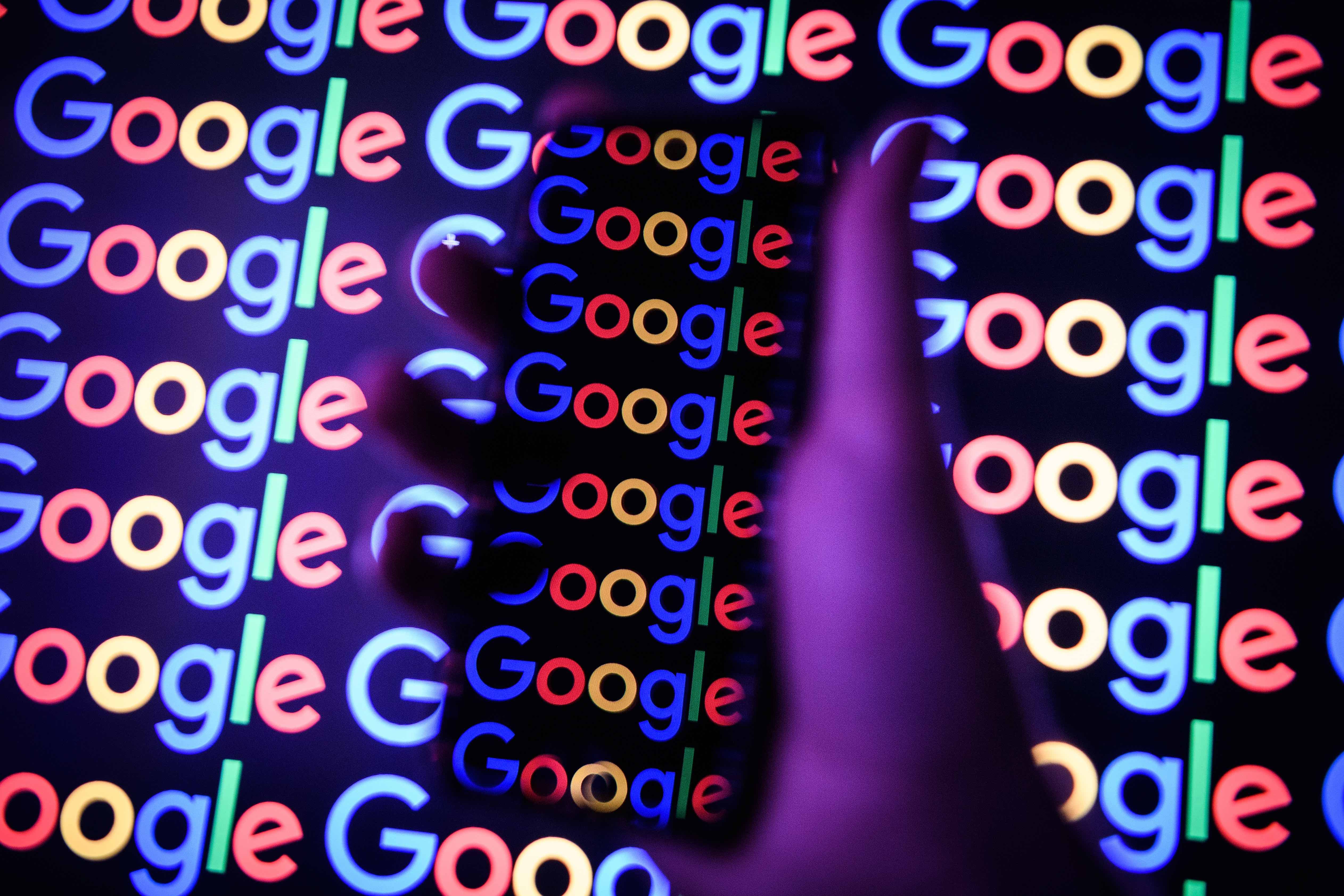How breaking GDPR rules landed Google with £44m fine
French data protection regulator began investigating the US company following tip-off from privacy activists

A free daily email with the biggest news stories of the day – and the best features from TheWeek.com
You are now subscribed
Your newsletter sign-up was successful
Google has been handed a record €50m (£44m) fine in France for breaching the European Union’s data protection laws.
French data regulator CNIL (Commission Nationale de l’informatique et des Libertes) said the internet search giant had not “sufficiently” informed users about how their information was being used, the BBC reports.
The French regulator added that the company had displayed a “lack of transparency, inadequate information and lack of valid consent regarding ads personalisation”, in violation of General Data Protection Regulation (GDPR) laws.
The Week
Escape your echo chamber. Get the facts behind the news, plus analysis from multiple perspectives.

Sign up for The Week's Free Newsletters
From our morning news briefing to a weekly Good News Newsletter, get the best of The Week delivered directly to your inbox.
From our morning news briefing to a weekly Good News Newsletter, get the best of The Week delivered directly to your inbox.
Google breached two specific conditions of the rules, says Ars Technica.
For starters, the company did not make its data collection policies “easily accessible” for its users. It also failed to obtain “sufficient and specific user consent” for personalised adverts across all of its services, including YouTube, the tech news site says.
Under GDPR laws, firms are required to gain a user’s “genuine consent” prior to collecting their data, notes The Verge. This mean users must be offered an opt-in process that they can easily accept or reject.
According to The Washington Post, French regulators began investigating Google last May after two privacy activist groups raised concerns about the company’s practices.
A free daily email with the biggest news stories of the day – and the best features from TheWeek.com
Responding to the penalty, a Google spokesperson said the company was in the process of “studying the decision to determine our next steps”.
“People expect high standards of transparency and control from us. We’re deeply committed to meeting those expectations and the consent requirements of the GDPR”, the spokesperson added.
The penalty is “by far” the largest of its kind since the EU’s GDPR laws came into force on 25 May 2018, says tech news site ZDNet.
The previous record was held by a Portuguese hospital, which was fined €400,000 (£352,000) in July for exposing patient data to unauthorised staff members.
-
 How the FCC’s ‘equal time’ rule works
How the FCC’s ‘equal time’ rule worksIn the Spotlight The law is at the heart of the Colbert-CBS conflict
-
 What is the endgame in the DHS shutdown?
What is the endgame in the DHS shutdown?Today’s Big Question Democrats want to rein in ICE’s immigration crackdown
-
 ‘Poor time management isn’t just an inconvenience’
‘Poor time management isn’t just an inconvenience’Instant Opinion Opinion, comment and editorials of the day
-
 Will AI kill the smartphone?
Will AI kill the smartphone?In The Spotlight OpenAI and Meta want to unseat the ‘Lennon and McCartney’ of the gadget era
-
 Has Google burst the Nvidia bubble?
Has Google burst the Nvidia bubble?Today’s Big Question The world’s most valuable company faces a challenge from Google, as companies eye up ‘more specialised’ and ‘less power-hungry’ alternatives
-
 How the online world relies on AWS cloud servers
How the online world relies on AWS cloud serversThe Explainer Chaos caused by Monday’s online outage shows that ‘when AWS sneezes, half the internet catches the flu’
-
 Is the UK government getting too close to Big Tech?
Is the UK government getting too close to Big Tech?Today’s Big Question US-UK tech pact, supported by Nvidia and OpenAI, is part of Silicon Valley drive to ‘lock in’ American AI with US allies
-
 Google: A monopoly past its prime?
Google: A monopoly past its prime?Feature Google’s antitrust case ends with a slap on the wrist as courts struggle to keep up with the tech industry’s rapid changes
-
 South Korea's divide over allowing Google Maps
South Korea's divide over allowing Google MapsTalking Points The country is one of few modern democracies where the app doesn't work
-
 Google avoids the worst in antitrust ruling
Google avoids the worst in antitrust rulingSpeed Read A federal judge rejected the government's request to break up Google
-
 Is AI killing the internet?
Is AI killing the internet?Talking Point AI-powered browsers and search engines are threatening the death of the open web